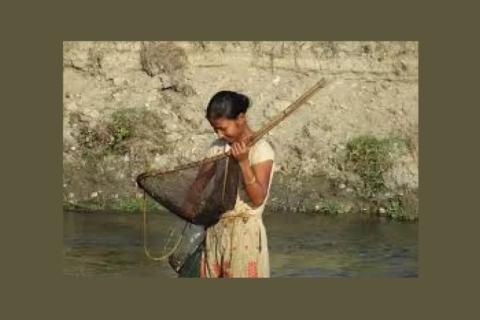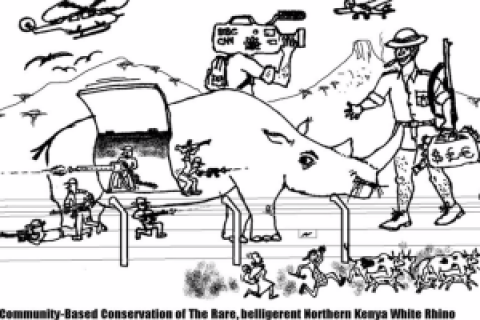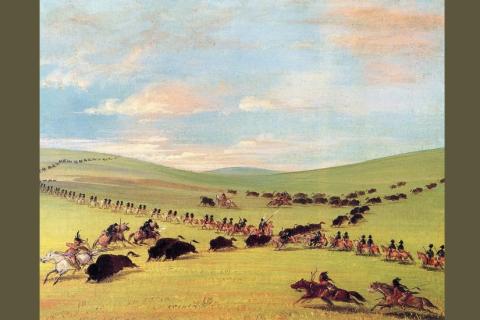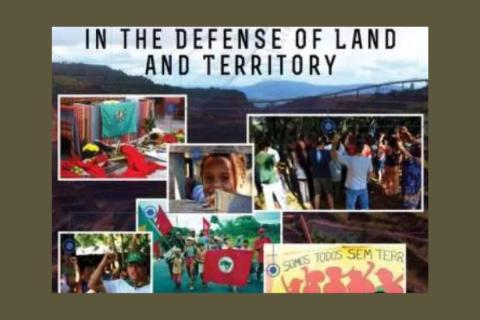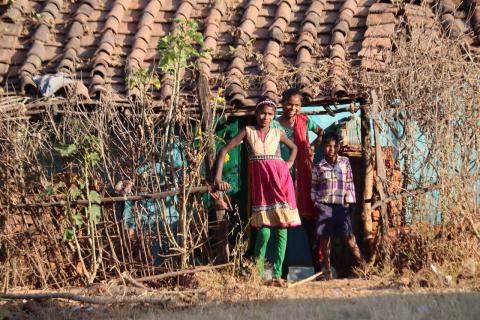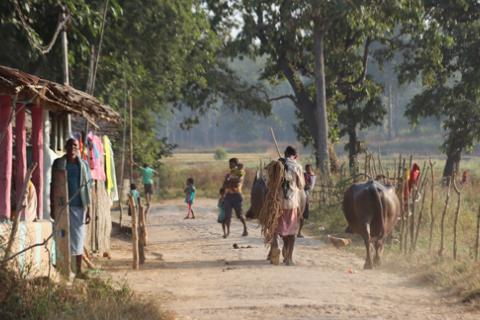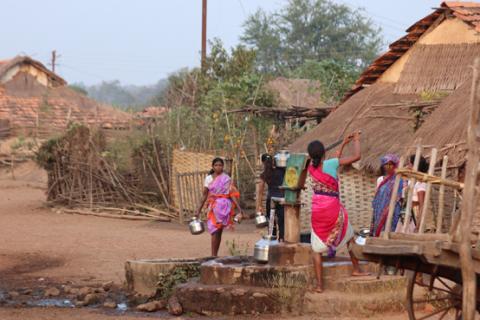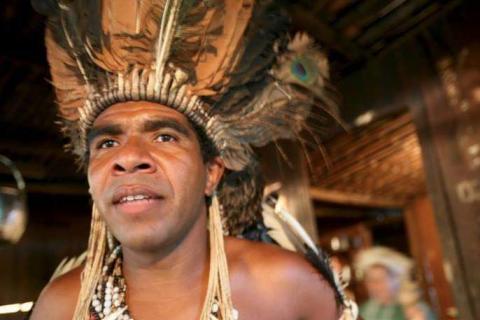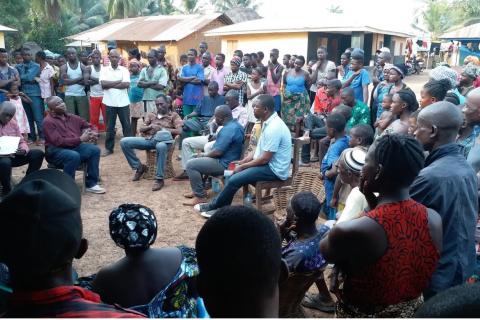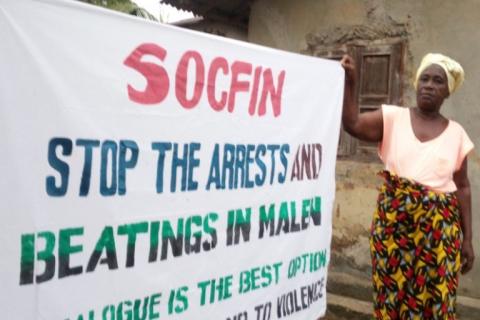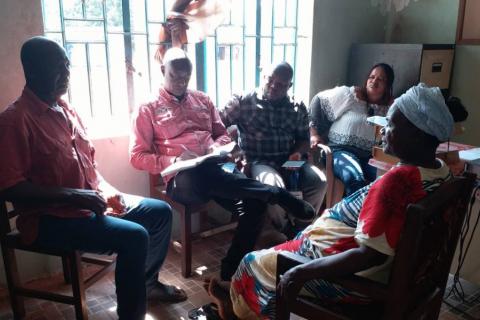A recent BuzzFeed News investigation reveals that the World Wide Fund (WWF) funds vicious paramilitary forces to fight poaching. The authors write that “In national parks across Asia and Africa, the beloved non-profit with the cuddly panda logo funds, equips, and works directly with paramilitary forces that have been accused of beating, torturing, sexually assaulting, and murdering scores of people”.
Other information
A report from the Indian organization Kalpavriksh documents community initiatives that protect biodiversity while ensuring their cultural, livelihood and food sovereignty in the Dooars region of North West Bengal. Indigenous communities in this area faced unjust forestry practices since colonial rule that led to the exploitation of forests and usurpation of their customary rights.
Over the last few years, ecologist Mordecai Ogada has been engaged in examining the policy problems and prejudices that underlie the challenges in wildlife conservation, particularly in Africa. These are central issues in his book ‘The Big Conservation Lie’, co-authored with John Mbaria. At the 2017 Nature inFocus Festival, he spoke about how the conservation sector has created fertile ground for class and racial prejudices in ideas around wildlife and forests.
Although this WRM publication was first published in 1994 and then updated in 2003, it is still very much relevant nowadays. It includes an extensive review and analysis on issues such as wilderness and preservation, the politics of parks, society and biodiversity, Parks’ management alternatives, among many others.
What is happening with the land and natural wealth around the world, and to the people who depend on them? How are people responding to these trends, threats, and challenges? Aiming to address these issues, 12 articles with powerful analysis and narratives from Latin America, Asia and Africa testify to the continuing and perhaps, permanent struggles for people’s rights, land, territories, and livelihoods.
Statement from All India Forum of Forest Movements (AIFFM), 28 February, 2019.
Please endorse the letter enclosed below that will be sent to the Indian Supreme Court and the Prime Minister of India urging them to stop this injustice!
Press Release. The Supreme Court of India, hearing a decade-old petition challenging the constitutional validity of the Forest Rights Act, ordered that forest dwellers whose claims for recognition of forest rights have been rejected would have to be evicted in a summary and time-bound manner.
Cacique Babau, from Serra do Padeiro Tupinambá community (Brazil), has been suffering repeated threats. People and social organizations, through a letter to the Governor, demand that the state guarantee his safety. We urge you to sign-on the letter in solidarity.
This report, released on January 29th 2019, was made by human rights defenders in Sierra Leone, concerned for the detention of activists and the death of two people who sustained gunshots from allegedly the state security personnel acting to protect SOCFIN on January 21th 2019
Proponents of land rights in Sierra Leone note with grave concern the grave human rights violations against members of the Malen Affected Landowners and users Association (MALOA) who were dispossessed of their land by the agro–based multinational SOCFIN investment company.
Civil Society working on land governance and human rights in Sierra Leone and internationally are concerned over the excessive use of force by state security personnel since Monday 21st, January, 2019 in Malen chiefdom, Pujehun district during which two people were allegedly killed by gun shots.

